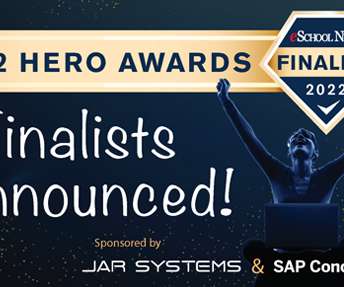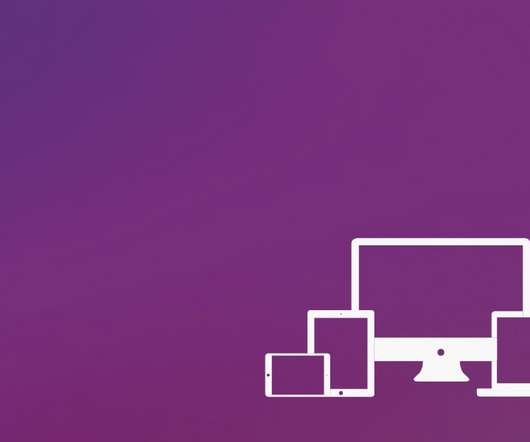4 lessons learned about AI in 2023
eSchool News
JANUARY 8, 2024
This revolution hit the education industry in earnest in 2011, with the launch of the Chromebook to compete with Apple’s iPad. Flash-forward to March of 2020. Students needed devices to learn in remote settings, so most schools that weren’t 1:1 before the pandemic became it almost overnight.
















Let's personalize your content